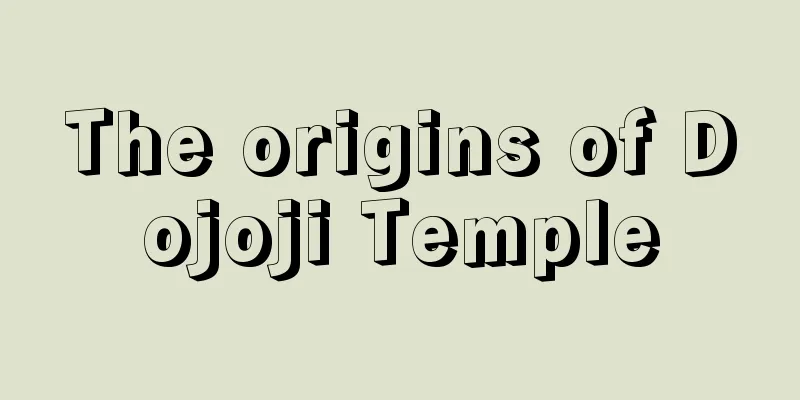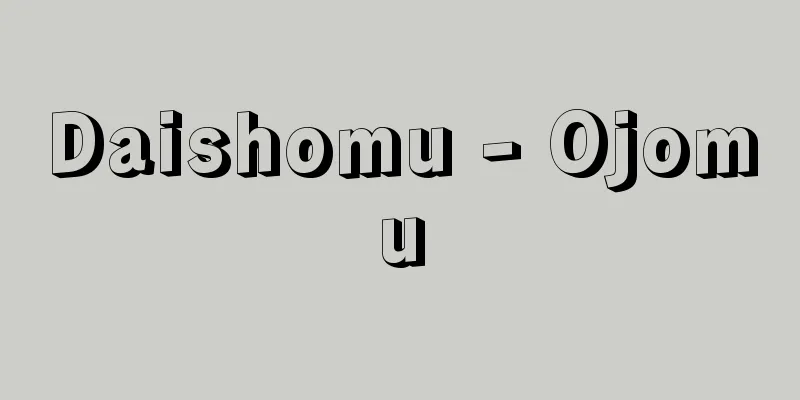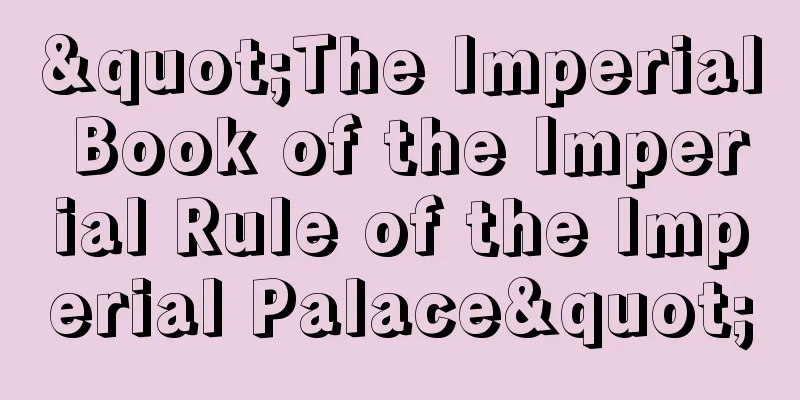Kyafuta Agreement

|
...To finally settle the Mongolian problem, a conference was held in Kyakhta (September 1914-June 1915) between Russia, China, and the Bogd Khan regime. The resulting Kyakhta Agreement recognized Outer Mongolia's autonomy under Chinese suzerainty under the Bogd Khan regime, and Russia's special economic interests in Outer Mongolia. This status of Outer Mongolia was unilaterally revoked by China in 1919 after the Russian Revolution, but the Outer Mongolian autonomous region recognized in the Kyakhta Agreement had many later influences, such as becoming the origin of the territory of the present-day Mongolian state. From Mongolia... In October of the same year, the Qing Dynasty was overthrown by the Xinhai Revolution, and the kings and Buddhist monks of Khalkha declared independence and established the Bogd Khan government, with Jevtsundamba Khutkut (Bogdgegen), the living Buddha of Urga (Ulaanbaatar), as emperor. The Bogd Khan government aimed to build a Greater Mongolian state that included Inner Mongolia, but Russia, taking into consideration the international situation at the time, tried to resolve the issue by allowing Outer Mongolia to govern itself under Chinese suzerainty. First, it concluded the Russo-Mongolian Agreement (November 1912) with the Bogd Khan government, then the Russo-Chinese Declaration (November 1913) with China, and finally signed the Kyakhta Agreement by the three countries in June 1915. With this agreement, the Bogd Khan government was recognized as an autonomous government of Outer Mongolia under Chinese suzerainty. ... *Some of the terminology used in reference to the "Kahta Agreement" is listed below. Source | Heibonsha World Encyclopedia 2nd Edition | Information |
|
…かくしてこのモンゴル問題の最終的解決のため,ロシア,中国,ボグド・ハーン政権三者による会議がキャフタ(恰克図)において行われた(1914年9月~1915年6月)。この結果締結された〈キャフタ協定〉で,ボグド・ハーン政権による中国宗主権下の外モンゴル自治およびロシアの外モンゴルにおける特殊経済権益が認められた。このような外モンゴルの地位は,ロシア革命後,1919年中国により一方的に取り消されるが,キャフタ協定で認められた外モンゴル自治領域が,今日のモンゴル国領土の起源となるなど,多くの影響をのちに及ぼした。… 【モンゴル】より… 同年10月辛亥革命により清朝が倒れると,ハルハの王公・仏教僧は独立を宣言,ウルガ(ウランバートル)の活仏ジェブツンダンバ・フトクト(ボグドゲゲン)を皇帝とするボグド・ハーン政府を樹立した。ボグド・ハーン政府は内モンゴルをも含めた大モンゴル国建設をめざしたが,ロシアは当時の国際情勢を考慮し,中国宗主権下で外モンゴルに自治を行わせることで問題を収拾しようとして,まずボグド・ハーン政府と〈露蒙協定〉(1912年11月)を結び,ついで中国との間で〈露中宣言〉(1913年11月),最終段階として関係3国による〈キャフタ協定〉を15年6月に調印した。この協定により,ボグド・ハーン政府は中国宗主権下の外モンゴル自治政権として承認された。… ※「キャフタ協定」について言及している用語解説の一部を掲載しています。 出典|株式会社平凡社世界大百科事典 第2版について | 情報 |
>>: Cab tire cord - Cab tire cord
Recommend
Culture - Tumor
The process of keeping alive, developing or multi...
Mogollon
...It is based on the Cochise culture, which is c...
Gold Price Exchange
During the Edo period, this was an exchange and co...
Torcello Island (English spelling)
A small island in the lagoon located about 10 km n...
Kikujiro Ishii
Diplomat. Born in Kazusa Province (Chiba Prefectu...
Gini, C. (English spelling) GiniC
…An index devised by the Italian C. Gini in 1936 ...
Maritime Self Defense Force
...A unit of the Self-Defense Forces whose main m...
Aequidens latifrons (English spelling)
...It is not necessarily difficult to observe thi...
hypobromite
…It also has a brominating effect on organic comp...
Dewa fence - Dewa fence
An ancient fortress that is said to have been buil...
Playgirl - Asobime
…A unique form of epistolary literature was creat...
Scuola Toscana (English name)
…And in the postwar Neorealism literature, one of...
Mooring - Keisen
It refers to temporarily mooring a ship in a port...
Oxygenase - Oxygenase
A type of oxidoreductase (a general term for enzy...
Film badge - Film badge
A type of personal monitoring measuring device th...
![Oishida [town] - Oishida](/upload/images/67cb1357252a1.webp)








